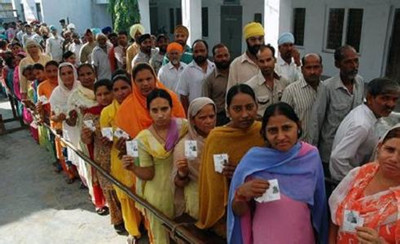Tax reform in India

The resounding win by the Bharatiya Janata Party in India's elections in May has altered the political landscape. The GST is likely to be the centrepiece of the new government's agenda for parliament when it reopens on November 24th. The main opposition party has said it will support it. A well-designed GST would make India a true common market, give a lift to manufacturing and limit the scope for corruption—the sort of big-bang reform the new prime minister, Narendra Modi, promises.











